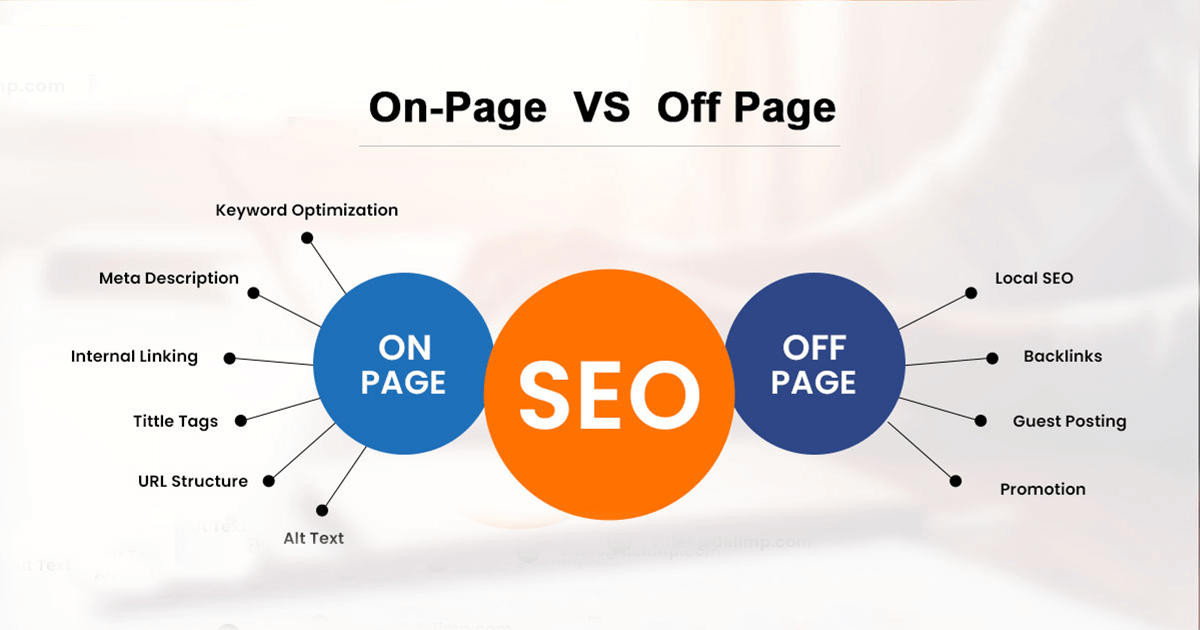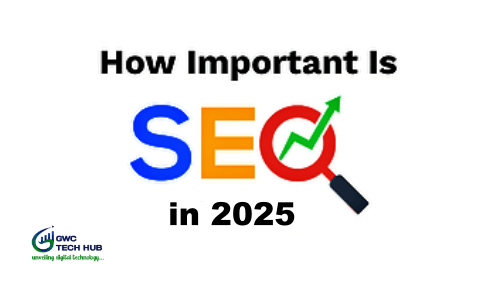Understanding SEO: The Foundation of Online Visibility
Search Engine Optimization (SEO) is essential for any business seeking to enhance its online presence and achieve higher rankings on search engines like Google. At its core, SEO involves strategic techniques designed to improve the visibility of a website within search engine results pages (SERPs). As the digital landscape continues to evolve, understanding SEO becomes paramount for businesses aiming to connect with their target audience effectively.
One of the primary reasons SEO holds significance is its impact on visibility. With millions of websites competing for attention, the way your business appears in search results directly affects your ability to attract potential customers. High visibility not only boosts traffic to your website but also enhances credibility, as users often perceive top-ranked sites as more trustworthy. Consequently, effective implementation of SEO strategies can lead to increased conversions, driving business growth and success.
Read More: Discover Hubli by GWC: Africa’s Leading Tech E-Commerce Store
To fully grasp SEO, it is crucial to comprehend the distinction between on-page and off-page SEO. On-page SEO refers to the optimization techniques applied directly on the website itself. This includes optimizing content, meta tags, URL structure, and internal linking to improve user experience and relevance for specific search queries. In contrast, off-page SEO encompasses activities undertaken outside of the website, such as link-building, social media promotion, and influencer outreach. These strategies enhance the website’s authority and reputation, signaling to search engines that the content is valuable and credible.
As businesses look to improve their online visibility, a solid understanding of these fundamental SEO concepts will serve as a foundation for more advanced strategies. By mastering both on-page and off-page techniques, companies can more effectively position themselves within competitive digital marketplaces, ultimately enhancing their engagement with potential customers.
On-Page SEO Techniques: Optimizing Your Website for Success
On-page SEO is a fundamental aspect of search engine optimization that allows businesses to enhance their online presence and improve ranking on Google’s first page. At the core of effective on-page SEO are various techniques that can directly influence how search engines perceive and rank your website. One of the first steps in optimizing your web pages involves title tags. These tags should be crafted to precisely reflect the content of the page while incorporating relevant keywords. Well-structured title tags not only improve rankings but also attract users’ attention in search results.
Another critical element is the meta description, which provides a brief summary of the content. A compelling meta description can significantly improve click-through rates, thereby signaling to Google that the page is valuable. Header tags (H1, H2, H3) also play an essential role in organizing content and making it understandable for search engines and users alike. Correctly utilizing these headers can enhance both readability and SEO by allowing for a logical flow of information.
Learn More: Scaling Your Brand in 2025: Mastering Off-Site and On-Site SEO & SEM
Image optimization is often overlooked yet crucial for on-page SEO. Ensuring that images are of high quality, appropriately sized, and tagged with alt text can improve page load speeds and accessibility, which are essential for user experience. Additionally, effective keyword research is critical. It involves identifying terms that potential customers are searching for and strategically placing these keywords within the content without resorting to keyword stuffing.
Furthermore, focusing on user experience is vital. Aspects such as mobile-friendliness and page load speed influence how users interact with your site and, consequently, how search engines rank it. Integrating tools like Google PageSpeed Insights can provide valuable insights into these factors. By systematically implementing these on-page SEO strategies, businesses can enhance their website’s visibility, ultimately leading to improved rankings on search engine results pages.
Off-Page SEO: Building Authority and Trust
Off-page SEO plays a crucial role in enhancing your website’s visibility and ranking on search engines like Google. By focusing on external factors, such as backlinks and online reputation, businesses can cultivate authority and trust, which are essential for achieving higher rankings. One of the primary strategies in off-page SEO is link building, which involves acquiring external links from reputable websites. The quality and relevance of these backlinks significantly impact your site’s authority. A website with numerous quality backlinks is perceived as more trustworthy by search engines, thus positively influencing its rank.
In addition to link building, increasing brand visibility through social media marketing is vital for off-page SEO success. By maintaining an active presence on platforms such as Facebook, Twitter, and Instagram, businesses can engage with their audience, share valuable content, and encourage social shares. This not only drives traffic to your site but also reinforces brand reputation, ultimately contributing to search engine rankings.
Another effective off-page method includes guest blogging. By contributing high-quality articles to other reputable blogs within your industry, you can establish yourself as an authority while generating backlinks to your website. This reciprocal relationship benefits both parties, as guest contributors receive exposure and host blogs gain fresh content. Additionally, partnering with influencers can enhance your brand visibility and credibility. Influencers, with their established audience, can help amplify your content and attract new users, further impacting your search engine performance.
Lastly, online reviews play a critical role in off-page SEO. Positive reviews not only boost reputation but also encourage potential customers to trust your business. Encouraging satisfied customers to leave reviews on platforms such as Google My Business, Yelp, or Trustpilot can significantly enhance your off-page efforts. In conclusion, adopting these off-page strategies can substantially improve site rankings while fostering a robust online presence.
Measuring Success: Tools and Metrics for SEO Performance
The measurement of SEO success is critical in understanding how effectively your strategies are working and where improvements can be made. Utilizing a variety of tools can significantly enhance your ability to track and analyze your website’s performance. One of the most essential tools is Google Analytics, which provides invaluable data on user behavior, helping you to monitor organic traffic, bounce rates, and conversion rates. By segmenting this data, you can gain insights into which content resonates with your audience and identify areas for improvement.
Another vital tool is Google Search Console. This platform allows users to see how their website is performing in Google Search results, offering data on search queries, click-through rates, and the overall health of your site. By regularly examining this information, you can track keyword rankings and diagnose any indexing issues that may hinder your visibility on search engines. In addition to these tools, several other SEO platforms, such as SEMrush, Ahrefs, and Moz, offer comprehensive data and reports that can further aid in your analysis.
Key metrics to monitor include keyword rankings, which show how well specific keywords are performing in search engines. It’s also crucial to keep an eye on organic traffic, as this indicates the number of visitors drawn to your site through search engine results, excluding paid advertising. The bounce rate is another essential metric, revealing the percentage of visitors who leave your website after viewing only one page; a high bounce rate can suggest that your content is not engaging or relevant to your audience.
Regularly analyzing these metrics enables you to make informed decisions regarding your ongoing SEO efforts. By adapting and refining your strategies based on data, you can ensure sustained ranking success, paving the way for increased online visibility and potential growth for your business.



